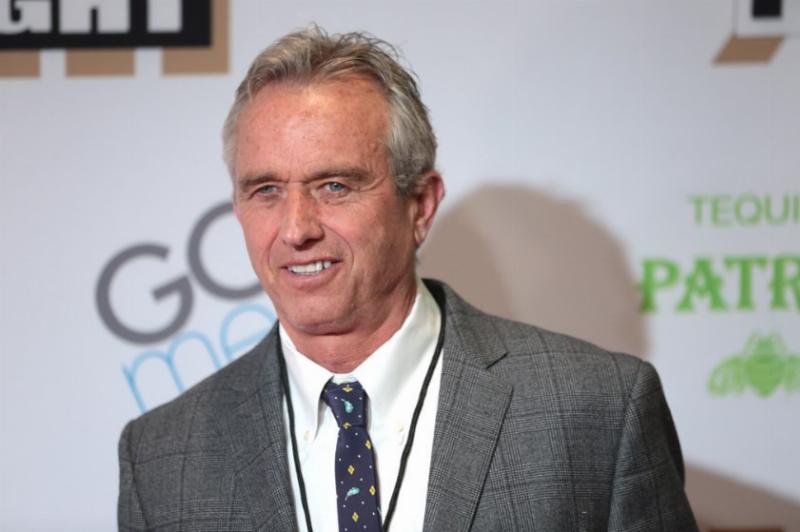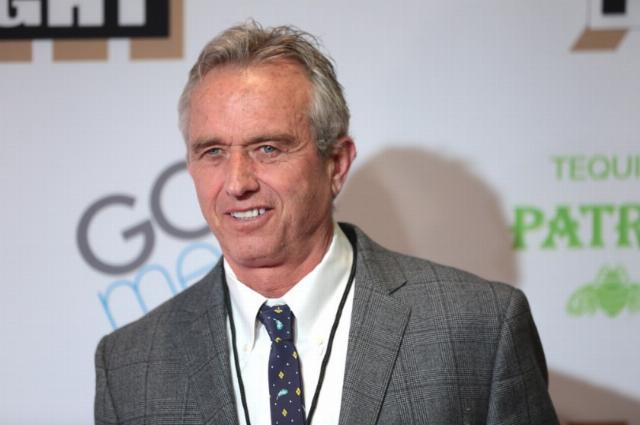


U.S. health secretary Robert F. Kennedy, Jr. stated during a United Nations high-level meeting on Sep. 25 that the United States will not endorse the U.N.’s new political declaration on non-communicable diseases (NCDs). He called the pact “misdirected,” “overly controlling in parts,” and outside the U.N.’s proper remit — adding that Washington remains committed to fighting chronic disease, but on its own terms.
The 15-page declaration sets targets for non-communicable diseases that “account for more than 43 million deaths each year,” many of which “occur prematurely (before the age of 70 years),” according to the document. The referenced diseases include cancers, heart disease, diabetes, chronic respiratory diseases, and mental health conditions.
However, the U.S., under Kennedy’s leadership, is also broadening its focus to root causes and preventative care. “President Trump is leading America in the fight to drive an historic shift from a sick-care system to health care,” Kennedy said, outlining the administration’s Make America Healthy Again (MAHA) agenda to attack root causes of chronic illness, “especially for children.” The centerpiece of the U.S. agenda, he argued, is to tell the truth about diet and nutrition: “Ultra-processed food is driving chronic disease.”
Some attendees echoed Kennedy’s concerns over nutrition as a driver of poor health and disease. Public health groups criticized the text for softening fiscal measures on sugar and alcohol. For example, Alison Cox (policy & advocacy director, NCD Alliance) said the “watered-down declaration” was a “missed opportunity” because it failed to commit to excise taxes on “harmful products,” including alcohol, tobacco, and sugar. During his remarks, Åsmund Grøver Aukrust (Norway’s minister of international development) echoed her concerns, stating that he “regret[ted] the removal of targets for taxes on tobacco, alcohol, and sugar-sweetened beverages.”
Kennedy underscored the financial stakes of not examining root causes for chronic diseases. “America has the highest chronic disease burden on earth. ... We now spend 90% of health care costs, about $4 trillion a year, on chronic disease.” He went on to elaborate that the costs are not merely financial: “Seven out of every ten American children cannot qualify for military service.” Chronic disease is not just a public health and economic crisis; it is a national security crisis.
He also flagged several red-line provisions and highlighted broader philosophical concerns. Kennedy stated that the U.S. “cannot accept language that pushes destructive gender ideology. Neither can we accept claims of a constitutional or international right to abortion.” He further criticized the World Health Organization (WHO) for lacking credibility and leadership, saying it must “undergo radical reform,” and objected to climate policy language in the declaration, arguing that NCD policy should not be used to advance climate agendas.
Kennedy’s remarks signaled that the U.S. views the declaration as overly political, a stance he says dilutes the focus on the primary drivers of disease. He framed the Trump administration’s core position. Nations have a sovereign right to decide policy and should not be beholden to globally centralized levers of power when it comes to matters of health.
Emphasizing a return to first principles, Kennedy stated, “We put nutrition, physical fitness, and responsible medicine back at the center of health.” That means mobilizing policy, markets, and culture against the flood of ultra-processed food and the chronic conditions it fuels, from obesity and diabetes to cardiovascular disease and mental health issues.
The declaration — intended to guide global NCD policy through 2030 and beyond — won broad backing, but consensus collapsed when the United States objected. In a Sep. 18, 2025 letter to the United Nations, the U.S. said it objected in part because “the final text offered did not address our clearly communicated concerns.”
Washington also indicated that it had not been given an opportunity to review the most recent drafts, noting that “consensus has not been reached on the final text in this intergovernmental negotiation.” The U.S. ultimately said it “oppos[ed] the transmittal of the political declaration for approval at the high-level meeting.”
“The United States will walk away from the declaration, but we will never walk away from the world or our commitment to end chronic disease,” Kennedy said.
The U.N. acknowledged the U.S. opposition, stating that the document would go to formal vote before the full General Assembly in October 2025. U.N. practice allows any single member to break consensus, so the unanimous agreement needed for immediate adoption failed.

Image: Robert F. Kennedy, Jr. Credit: Gage Skidmore via Flickr, CC BY-SA 2.0.
